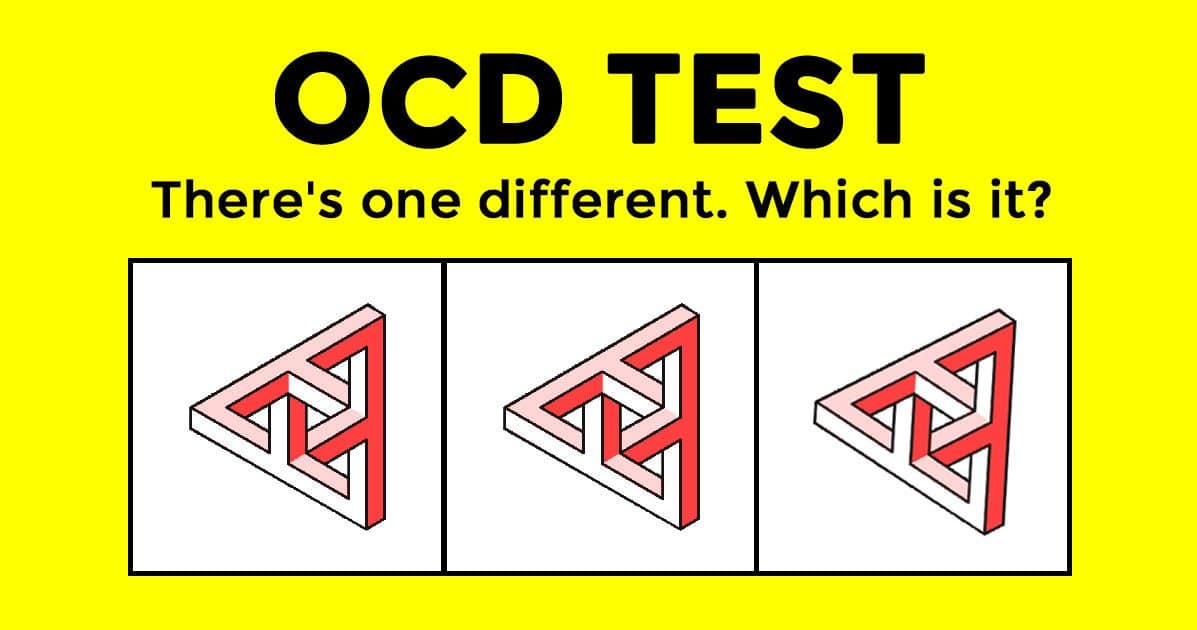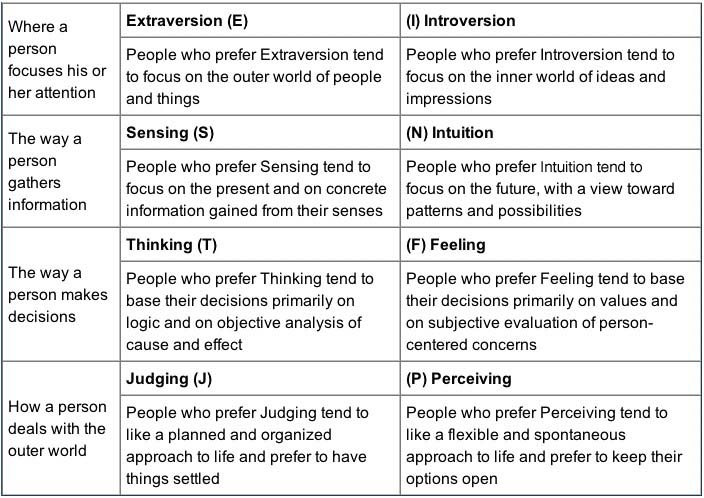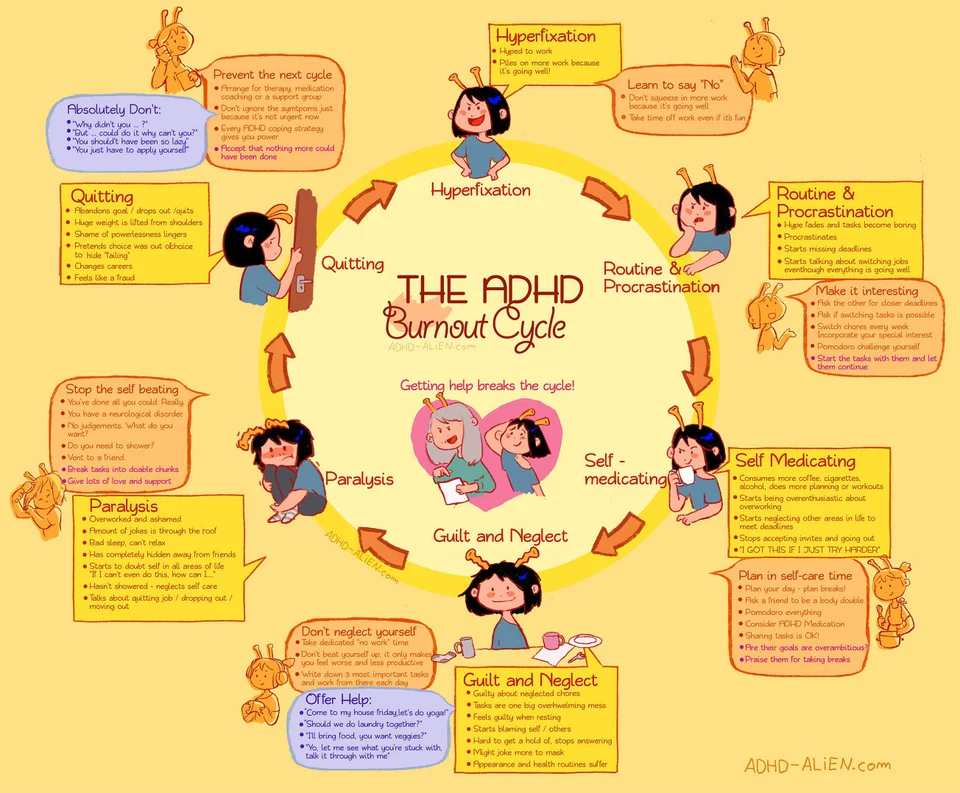Adderall and anger
Can Adderall Cause violent outbursts or Anger?
QUAZI IMAM. M.D
QUAZI IMAM. M.D
Dr. Imam is in private practice in Arlington, Tx.
Published Aug 6, 2021
+ Follow
Adderall abuse can cause angry or violent outbursts. Side effects of Adderall can include anger and irritability. Adderall is a stimulant containing equal parts of racemic amphetamine and dextroamphetamine.
Drastic mood swings or shifts in behavior may also accompany Adderall use. In some cases, the introduction of stimulant drugs may trigger panic attacks or even psychosis, which may include hallucinations or delusions. Adderall may raise the risk of aggression and suicidal thoughts
, according to recent ABC News. For someone who has been abusing Adderall for an extended period of time, the emotional aspect of withdrawal may be the most noticeable side effect. Adderall during a depressive episode may increase the risk of a manic episode. A 2008 study found that 40 percent of participants using stimulants for bipolar disorder experienced stimulant-associated mania. Adderall works by increasing the amount of dopamine in your brain. We also now know that dopamine levels are highly increased during mania. The brain then adapts to the elevated dopamine levels during mania by decreasing the number and sensitivity of the dopamine receptors, which is know as down regulation. Later, when the mania is over, the dopamine levels come back down to normal. The dopamine receptors are then not activated enough by the lower, normal amount of dopamine. The low activation of dopamine receptors causes the severe depression of Bipolar Disorder. When we are looking at whether or not amphetamines, or Adderall, has the capacity to cause anger in their users, it’s worth noting that the effects of any drug can vary widely from person to person.
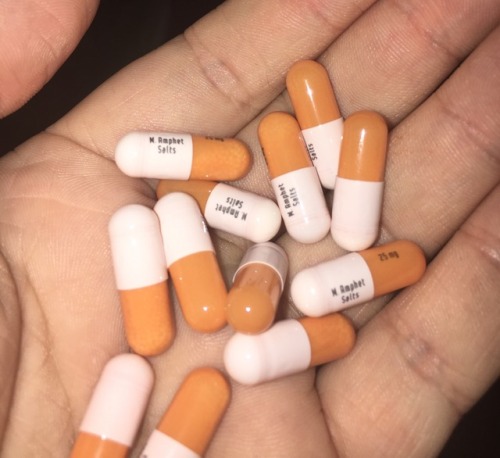 Adderall may cause paranoia is a symptom of Adderall-induced psychosis. Adderall paranoia can cause someone to experience auditory and visual hallucinations as well as suspicions that someone or something is out to get them. Adderall in teens and young adults may be more likely to cause symptoms such as paranoia, hallucinations, delusions and hearing voices, a new study suggests. Studies of Adderall and similar stimulants, such as methylphenidate (Ritalin), estimate that psychosis occurs in about 0.10 percent of users. However, new research with over 300,000 patient with ADHD showed that the rates of psychosis in the amphetamine group was as high as 0.21 percent. If symptoms of psychosis occur, your doctor will likely stop treatment with Adderall right away. Psychotic symptoms should go away less than two weeks after you stop the medication.
Adderall may cause paranoia is a symptom of Adderall-induced psychosis. Adderall paranoia can cause someone to experience auditory and visual hallucinations as well as suspicions that someone or something is out to get them. Adderall in teens and young adults may be more likely to cause symptoms such as paranoia, hallucinations, delusions and hearing voices, a new study suggests. Studies of Adderall and similar stimulants, such as methylphenidate (Ritalin), estimate that psychosis occurs in about 0.10 percent of users. However, new research with over 300,000 patient with ADHD showed that the rates of psychosis in the amphetamine group was as high as 0.21 percent. If symptoms of psychosis occur, your doctor will likely stop treatment with Adderall right away. Psychotic symptoms should go away less than two weeks after you stop the medication. If the symptoms don’t go away, your doctor will likely check for a mental health issue that may need to be treated. Anxiety is a
common side effect of stimulants. Effects can be positive when Adderall is taken as intended, but for people without ADHD or who use the drug without medical supervision, the effects can cause the following anger symptoms
If the symptoms don’t go away, your doctor will likely check for a mental health issue that may need to be treated. Anxiety is a
common side effect of stimulants. Effects can be positive when Adderall is taken as intended, but for people without ADHD or who use the drug without medical supervision, the effects can cause the following anger symptoms
- Violent fits
- Extreme irritability
- Aggression
- Abusive behavior
Adderall offers a tempting source of energy and euphoria that can temporarily alleviate the pain of mental illness. Please visit my telepsychiatry virtual waiting room. https://doxy.me/drquaziimam
Quazi Imam, M.D. Board Certified in Psychiatry. Board Certified in Addiction Psychiatry. Board Certified in Geriatric Psychiatry. Board Certified in Forensic Psychiatry.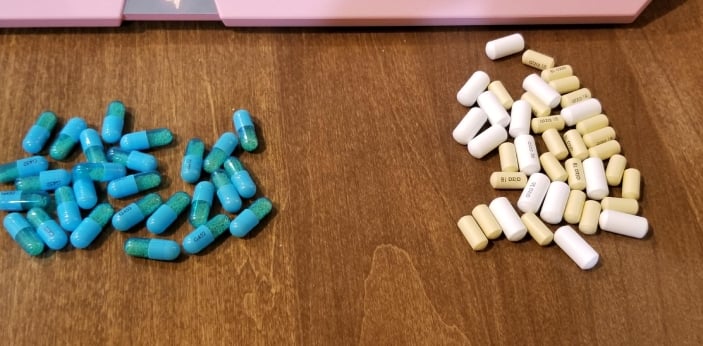 Former Assistant Professor of Psychiatry, Mount Sinai School of Medicine, NY. Child & Adolescent Psychiatrist, Harvard Medical School Trained.
Former Assistant Professor of Psychiatry, Mount Sinai School of Medicine, NY. Child & Adolescent Psychiatrist, Harvard Medical School Trained.
-
Depression: the radical theory linking it to inflammation: Is depression is a result of inflammatory body and mind?
Oct 19, 2022
-
What is the most important thing in a relationship between a doctor and a patient? How to Build Stronger Patient Relationships, Avoid Burnout?
Oct 19, 2022
-
What is emotional intelligence or EQ? Role of Emotional Intelligence in Mental Health.

Oct 18, 2022
-
What is Toxic Family Dynamics?
Sep 23, 2022
-
Five million American adults misusing prescription stimulants: Dangers of Prescription Stimulant Abuse:
Sep 16, 2022
-
Can Adderall Cause Anger? Why would a stimulant make you angry? Tragic Truth Of Prescription Adderall, or “Madderall”
Sep 16, 2022
-
Metabolic Syndrome(MetS) and Cognitive/Memory Decline: Is Alzheimer’s disease a Type 3 diabetes?
Sep 15, 2022
-
What is Munchausen Syndrome by Proxy/ Factitious disorder imposed on another (FDIA)??
Sep 14, 2022
-
When Hallucinatory commands, that are more likely to be obeyed ???:
Sep 14, 2022
-
Parents Who Kill: What is Maternal filicide??
Sep 13, 2022
Others also viewed
Explore topics
The Tragic Truth Of Prescription Adderall, or "Madderall"
The topic here is prescription Adderall. Specifically: Adderall is too often prescribed badly. It has repercussions on individuals— and it accounts for intensifying backlash against the diagnosis itself.
Specifically: Adderall is too often prescribed badly. It has repercussions on individuals— and it accounts for intensifying backlash against the diagnosis itself.
Do most prescribers treating ADHD know this? No, in fact, many believe just the opposite — that Adderall is “best” for adults. That is patently false.
Whatever the complex reasons for that (I’ll touch on a few below), the important thing now is to self-educate and be prepared to self-advocate. No one cares more about your or your loved one’s life than you. Being passive is extremely risky.
Poorly prescribed Adderall can create negative personality changes in people who seek only to treat their ADHD. Anxiety. Anger. Irritability. Even what looks like mania. Trouble is, they might not see this objectively. Unfortunately, their prescribers often don’t ask—or connect the dots. You might say, “So what? Just try another medication.” For reasons I’ll explain, though, that is often not an option.
The topic is not how to illegally obtain and abuse Adderall.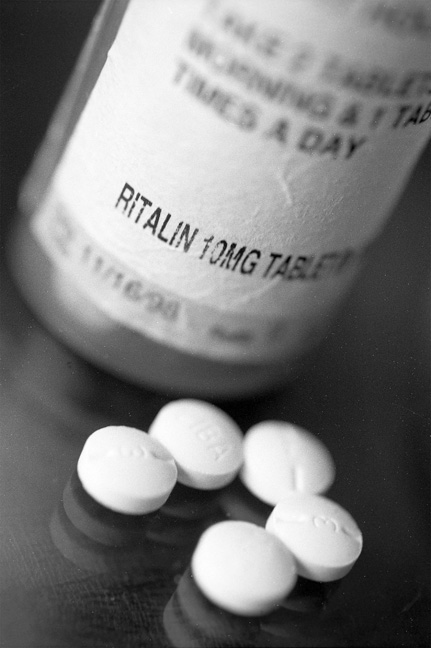 Still, if that is your goal, please read this first. It might save your life.
Still, if that is your goal, please read this first. It might save your life.
This is a long post. By necessity. I hope the subheads aid scanning. At the end, I’ll offer a preview of what competent prescribing for ADHD looks like.
You will find other articles on this topic ….now. Mine was first, in 2013, and the only until very recently.
Let’s get this out of the way:
- Prescription Adderall works very well for some people.
- For others, Adderall create more problems than it solves.
You likely won’t learn from your prescriber:
Reckless Adderall Prescribing Fuels ADHD Backlash
The truly tragic part? There are so many less risky options to try first. Prescribers should be making things better, not worse. From my perspective, this is is a long-running public health crisis. It has contributed to a backlash against the diagnosis itself.
Recent case in point: Alarming stories about “tele-health” clinics over-prescribing Adderall. became inseparable from “ADHD is over-diagnosed.” For example:
became inseparable from “ADHD is over-diagnosed.” For example:
Wall Street Journal Startups Make It Easier to Get ADHD Drugs: That Made Some Workers Anxious
Axios: Telehealth startup to Stop Prescribing Adderall for New ADHD Patients.
No doubt these venture-capital startups were cutting corners. Yet, also COVID pushed ADHD to the fore for untold numbers of people who had been only marginally coping before. They needed care, and now news outlets and grandstanding pharmacies (CVS) were conspiring to make it harder to get the diagnosis and treatment.
Why Has This Malpractice Been Allowed?
Why do doctors too often insist on prescribing Adderall to newly diagnosed patients? Especially with so little guidance and failure to use rating scales or seek third-party reports?
Here’s one shocking reason: Many prescribers misread a meta-analysis based on old, scant (and one might say one-pharma-skewed) data. A meta-analysis is not established standard of care.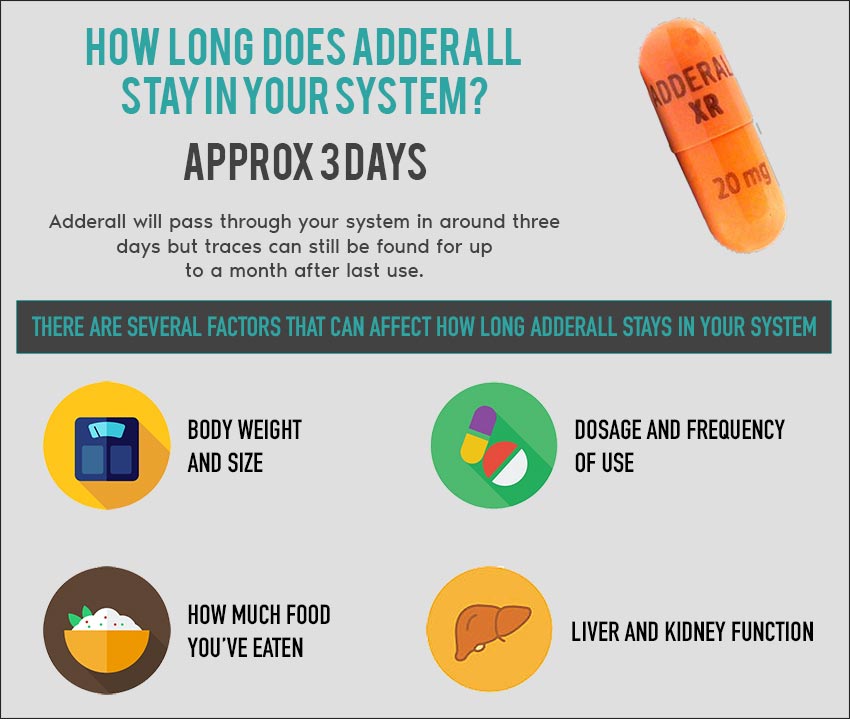
Three other reasons:
- Adderall’s manufacturer was notoriously aggressive in its marketing and fraudulent in its claims—with lasting effects
This company was fined $56.5M in 2014 for its false claims about Adderall and a few other drugs. Read more at the U.S. Department of Justice website: Shire Pharmaceuticals LLC to Pay $56.5 Million to Resolve False Claims Act Allegations Relating to Drug Marketing and Promotion Practices
2. This manufacturer has long wielded, in my observation, undue influence over most ADHD websites and personalities you see online. Unfortunately, this includes psychiatrists, psychologists, coaches, and non-profits, including board members and conference speakers and organizers. Most people would be shocked at how this one pharma covertly pushes its agenda through so many tentacles. And what a weird agenda it is.
(Please know, I’ve been openly “pro-medication” for 22 years. Medication properly chosen and prescribed, that is.)
Medication properly chosen and prescribed, that is.)
3, Too many prescribers remain clueless, cavalier, and disconnected from consequences. I don’t say this to discourage seeking treatment! Instead, I want you to be a savvy healthcare consumer.
Yes, prescribers often have little time with a patient. That does not excuse this scandalous mess that is happening with Adderall and prescribing in general for ADHD.
Why haven’t other ADHD experts calling this out? You’d have to ask them.
Conflict of Interest
I was an award-winning journalist before falling into ADHD world, in 1999. As such, I naturally avoid conflict of interest. Good journalists know that even accepting a free lunch is a slippery slope. My “pro-medication” stance was exceedingly rare at that time. The “ADHD Gift” campaign was going full throttle. Taking Pharma support clearly would muddy this position.
I’ve rejected all Pharma support—direct and indirect. This fact puts me squarely at odds with certain organizations, personalities, and outlets.
To be clear: Researchers receiving pharmaceutical funding is a distinctly different matter. Research validity rests on the researchers’ reputations and methods — and replication. Researchers must disclose such funding. By contrast, most of those proclaiming ADHD expertise online are not researchers nor do they have proper credentials.
Moreover, most “ADHD influencers” don’t even disclose this pharma support. That includes licensed psychologists and physicians. This indirect support includes public relations efforts on their behalf and being placed (forever) in prominent positions at ADHD non-profits, at “tele-conferences,” and more.
Other Complications:
- Treating ADHD is not simple. It is a complex syndrome that affects individuals, not clones.
- Genetic differences among individuals affect drug response.
- Prescribing requires expertise and method. Start low, titrate slow. Rating scales. Third-party feedback. And much more.
- To further complicate matters: Adderall is also a popular drug of abuse.
 Yet, even the story of “Adderall Abuse” is complicated.
Yet, even the story of “Adderall Abuse” is complicated.
No Adderall-Abuse Tips in This Post
Maybe you found this article while seeking to illegally procure or “hack” Adderall. Sorry to disappoint!
Moreover, when you leave in disappointment after 5 seconds, my blog’s “bounce” rate increases. That’s a big Google-search penalty. That means my post will be less likely to turn up in search results. Especially when a slew of paid and promoted articles top the search list.
I leave this post here anyway. Why? You won’t find what you’re looking for, but you might find something better. Please consider this: Chances are good that you actually have ADHD and are attempting to “self-medicate” it. That never ends well.
Which Search Term Brought You Here?
Mostly, readers find this post legitimately, using terms such as these (to name only a few):
- Adderall makes my spouse angry
- Can Adderall make you irritable?
- Why is Adderall making my ADHD worse?
- Depression and anxiety from Adderall?
- Anger outbursts and Adderall
- Does Adderall change your personality?
- Adderall is spiking my blood pressure?
- Why is Adderall dilating my pupils and making me look crazed?
- Irritable after Adderall
- Can Adderall cause bipolar?
- My husband started Adderall and is an angry jerk now
- Can Adderall cause aggression and sexual behaviors in the elderly?
- Why is Adderall making me tired now, after working for 2 months?
This Post Covers Five Points:
- The New York Times has a long history of anti-psychiatry reporting.
 This was my initial catalyst in writing this post, in 2013.
This was my initial catalyst in writing this post, in 2013. - Many prescribers are incompetently treating ADHD. This is having devastating consequences.
- Why, to avoid these adverse outcomes, we might best consider prescription Adderall not as a first try but rather a last-stop in stimulant medications
- The importance of consumer self-education and self-advocacy
- An excerpt from my first book’s chapters on medication
1. More ClickBait From
The New York Times?A back-channel tip came in yesterday. I steeled myself for the next anti-ADHD screed from the paper.
Many reporters seem to view ADHD as rife for an expose. We who know better see transparently traffic-boosting clickbait. As a young journalist many years ago, I was taught to respect The New York Times as an exemplar of journalism. Sadly, that is no longer true.
Make no mistake: The paper still has respectable editor, reporters, and sections.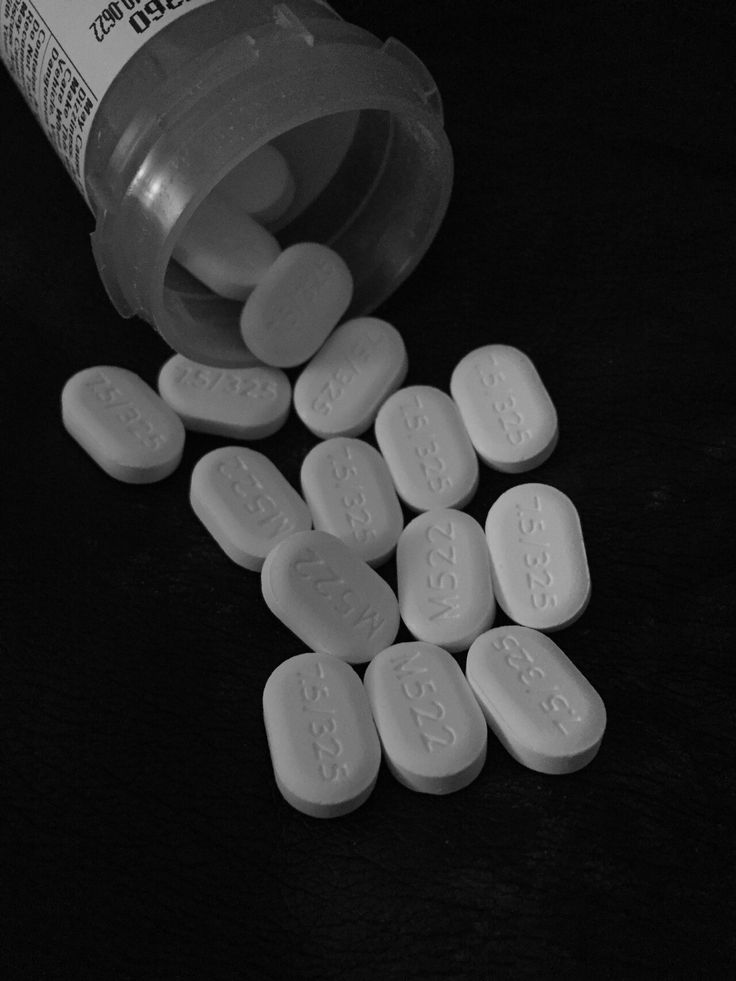 Yet, the front-page editor for several years demonstrated festering personal antipathy toward neuroscience. That and/or the publisher issued orders based on the website’s analytics. Any piece stigmatizing ADHD tends to draw lots of readers—and therefore ad dollars. For years, the ADHD community protested in comments. Then they just mostly gave up.
Yet, the front-page editor for several years demonstrated festering personal antipathy toward neuroscience. That and/or the publisher issued orders based on the website’s analytics. Any piece stigmatizing ADHD tends to draw lots of readers—and therefore ad dollars. For years, the ADHD community protested in comments. Then they just mostly gave up.
It’s All About the Web Traffic
Bottom line: It’s an SEO (Search-Engine-Optimization) bonanza! After leaving the paper, former Executive Editor Jill Abramson called it “publishing by the analytics.” Google analytics, that is, that show traffic, how long a reader has read a page, where the reader went after, reader demographics, and lots more. It is now pervasive online, with virtually every news outlet, amplified in social media. That goes double for ADHD topics.
Over the years, I’ve called out the paper’s negative targeting of ADHD:
- Talking Back to The New York Times’ ADHD Myth-Mongering.
- The New York Times’ Unnatural Opinions on ADHD
- The Truth Behind “10,000 Toddlers Medicated for ADHD” – Parts 1 and 2.

This Time: More Grief—And Tiny Relief
Yet, when I read the 2013 story by reporter Alan Schwarz (“Drowned in a Sea of Prescriptions”), my reaction was both grief and relief.
Grief, that yet another person fell victim to prescription Adderall—and died by suicide. Again, this is a legitimate medication that, even though helpful for many people, can create severe reaction (including addiction and manic-like behavior) in many others.
Relief, that finally The New York Times’ grandstanding front page finally got something right about ADHD. Well, at least in tiny part.
The tiny part is this: The manner in which many prescribers treat ADHD largely resembles a giant game of “Pin the Rx on the ADDer.”
All else in the story, unfortunately, is distortion. It wouldn’t be former sports reporter Alan Schwarz’s last apparent bid to land a Pulitzer Prize. He didn’t, however, and no longer works at the paper. Nor is he still a reporter. But during his reign, he and his editors inflicted immense, perhaps lasting, damage.
Nor is he still a reporter. But during his reign, he and his editors inflicted immense, perhaps lasting, damage.
Moreover, he went on to write a horribly sensational book on ADHD. Then, Schwarz featured in a Netflix “documentary” from Maria Shriver and her daughter, Christina Schwarzenegger. It’s called Take Your Pills. It’s a one-two punch castigating Adderall and ADHD, as if they are inseparable. Because, in too many prescribers’ minds, they are. That is exactly my point. (See Netflix’s Take Your Pills: Anti-Science—and Mean)
2. Core Problem: Poor Monitoring of Prescription Adderall
In the early days of my advocacy, the early 2000s, I heard story after story repeated in my Adult ADHD monthly discussion group in Palo Alto.
I heard similar in my online group for the partners of adults with ADHD (ADHD partner). That is, they reported reckless prescribing patterns, particularly around Adderall. What was happening here?
What’s
Not Happening, Specifically?To understand the essential problem, we have to start with poor prescribing protocols for ADHD overall.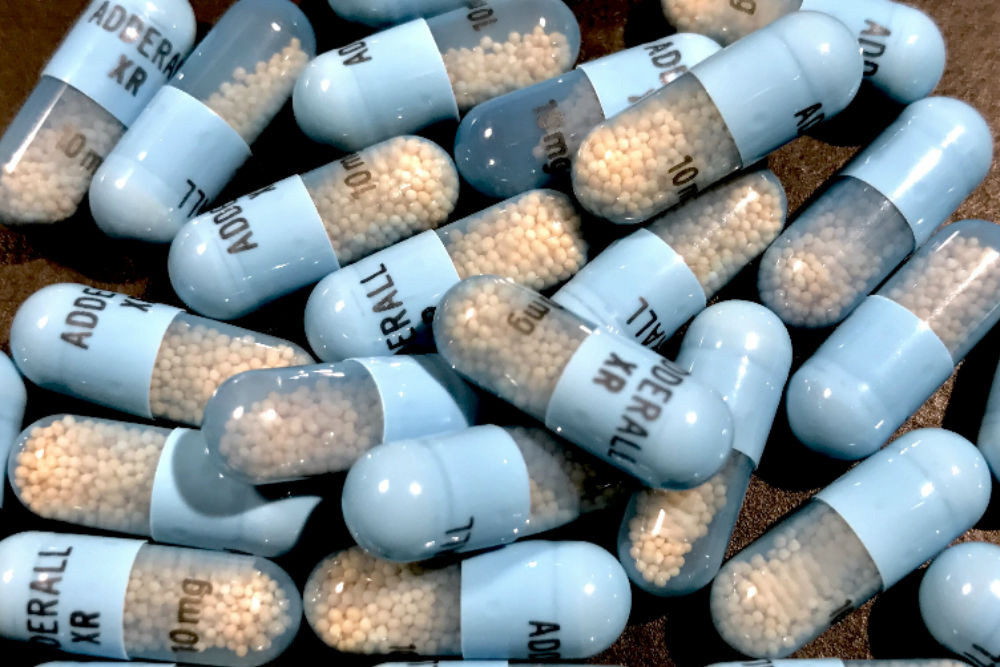
—Prescribers
should track responseThat is, they should be using a checklist of symptoms that helps them establish a baseline and then monitor medication response—and note any side effects.
—Prescribers should gather reports from family or close friends
ADHD is commonly associated with poor self-observation. Typically, this improves with medication. The wrong medication, however, risks further clouding self-observation — and worse.
—Too many physicians don’t bother with either
Instead, they rely on a casual, “So, how is that working for you?”
Poor Prescribing Created ADHD Backlash?
To summarize: The prescribing of any stimulant is often done badly. But the problems around Adderall appear an order of magnitude more serious. I credit these poor prescribing patterns for much of recent years’ blowback against ADHD.
The fact that I publicly predicted and warned about this years ago — verbally collaring this pharma’s reps at conferences, asking “why aren’t you warning prescribers?” — brings me no pleasure in being proved right. But I am just one person—without an “authoritative” MD after my name. (Google now actually penalizes this page because it’s not “reviewed” by an MD. Meanwhile, the plethora of “health” sites scrapes the bottom of the barrel for unknown MDs who will slap their “reviewed by” on the article.)
But I am just one person—without an “authoritative” MD after my name. (Google now actually penalizes this page because it’s not “reviewed” by an MD. Meanwhile, the plethora of “health” sites scrapes the bottom of the barrel for unknown MDs who will slap their “reviewed by” on the article.)
[advertising]
[advertising]
3. Prescription Adderall Works Well
SometimesAgain: For some people, prescription Adderall works well and with few side effects. It is the best choice for them.
Yet, prescription Adderall has a higher side-effect profile. What does that mean, in practical terms? It means that if you’re just starting treatment, let’s consider it common sense to begin with a less risky choice. In other words, trying Adderall only after other stimulants (Ritalin, Focalin, Concerta, Vyvanse, etc.) have not proven effective.
Ideally, a trial should be given of both the amphetamine and methylphenidate classes, as I explain in my book (Is It You, Me, or Adult A. D.D.?). There is no way to predict beforehand how you will respond to either class of stimulant. It comes down to genetics.
D.D.?). There is no way to predict beforehand how you will respond to either class of stimulant. It comes down to genetics.
Despite all that, many physicians routinely start new patients with Adderall—and at too high a dose.
Contributing Problems: A Larger View
The issues around prescription Adderall remain only one piece of a problematic puzzle:
A. Physicians who see ADHD as a “simple condition”
“You just throw a stimulant at it!” one psychiatrist told me at a meeting of the American Psychiatric Association. Obviously, he failed to find ADHD treatment interesting and therefore not worth his study.
(I saw him later at a presentation on Borderline Personality Disorder. Hundreds of psychiatrists, sitting on the edge of their seats, listening to dramatic stories. But not one presentation on adult ADHD, which has historically been misperceived as BPD.)
In fact, ADHD is a highly complex condition, especially when it is diagnosed later in life. Other conditions can complicate medication response. These include sleep and substance-use disorders. It also includes psychiatric conditions that are more highly associated with untreated ADHD in adults. (That is, living for years with untreated ADHD can increase incidence of depression, anxiety, and bipolar disorder.)
Other conditions can complicate medication response. These include sleep and substance-use disorders. It also includes psychiatric conditions that are more highly associated with untreated ADHD in adults. (That is, living for years with untreated ADHD can increase incidence of depression, anxiety, and bipolar disorder.)
B. Physicians who believe in a “starting” or “average” dose
“There is no starting or average dose!” I’ve emphasized that in my lectures for years. That’s based on advice from the preeminent experts I respect most. Yet still, that seems the status quo. The trouble with this?
—Some people are slow metabolizers: an “average” dose might be too high for them.
In response to the side effects, they might give up on that medication entirely. Yet, if might be that a lower dose would work just fine.
—Some people are rapid metabolizers: an “average” dose might be far too little for them.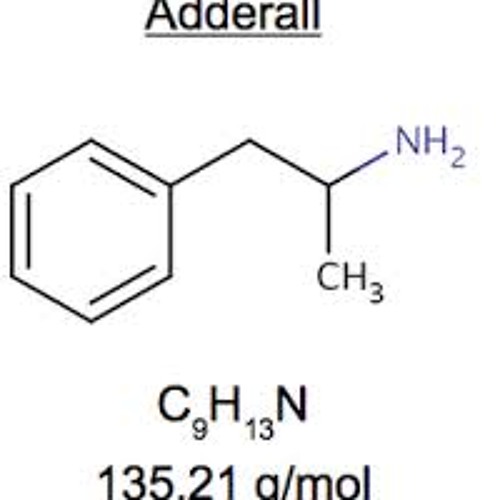
They “burn through it” too fast. They need a higher dose in order to get an average effect.
My scientist-husband and I wrote a 7-part series explaining metabolizing issues and more: Genetic Testing for ADHD Medications.
C. Insurance reimburses poorly for psychiatric treatment
Yes, insurance companies share the blame. They do not reimburse psychiatric treatment at a rate commensurate with the kind of expertise and time required. But physicians are responsible, too, for understanding basic protocols.
If you think that single-payer is the solution, think again. The very worst countries when it comes to ADHD medication options are the single-payer healthcare countries.
That includes the United Kingdom and Australia.
UK residents wait years even for an ADHD evaluation—well before COVID.
In Australia, at least until very recently, adults cannot diagnosed if they were not already diagnosed in childhood. Very handy, as pediatric ADHD was largely ignored except in the most extreme cases. Only recently was Vyvanse approved for us within the healthcare system, with the mainstay being dexedrine. Last I heard, Concerta was available for $100-150/month. )
Only recently was Vyvanse approved for us within the healthcare system, with the mainstay being dexedrine. Last I heard, Concerta was available for $100-150/month. )
D. ADHD impatience —want to “feel” it than objectively measure it
Let’s be frank: Some people with ADHD love Adderall because it feels like a booster rocket attached to their back.
The hard truth is, however, is this: You can’t depend on a “visceral feeling” to tell you when the medication is working. In fact, sometimes you won’t realize that the medication is working—or causing problems. But the people around you will!
Moreover, relying on that visceral feeling almost guarantees a bad end. Maybe not today. Maybe not tomorrow. But soon. What if you’re so strung out you don’t even realize it?
Over-relying on a “booster rocket” to propel you through your day means you’re using Adderall as a performance drug, not ADHD treatment. Medication should help create more balance and self-regulation but higher-functioning also requires learning new skills and habits.
Often, patients (or their parents or partners) believe my cautions only after the fact. After all, I’m not a doctor. In other words, they write to me after the typical crash. That comes about two months into Adderall usage, in my observation.
That’s when they are completely depleted:
- Typically from exhaustion (why go to sleep when for the first time in your life you have “superhuman” focus?)
- But also perhaps due to Adderall’s unique mechanism of action, their very supply of neurotransmitters might be depleted.
E. Parents’ and Loved Ones’ “Denial” of ADHD
Now we turn back to the NYT story for a moment. The story that finally prompted me to write this post, after years of warning about it in my groups and public talks.
Did Richard Fee, the young man featured in the piece, truly not have ADHD, as his parents claim? Was he simply abusing Adderall as a “performance drug.” Perhaps, but the report shows no evidence of that. It seemed the weakest point of the story.
It seemed the weakest point of the story.
Reporter Alan Schwarz repeatedly made it clear that he lacks understanding of ADHD’s complexity. He gives lip service to ADHD as a legitimate condition—and then proceeds to rip it apart. Schwarz started as a sports reporter and, using his love of statistics, reported on concussions from sports. His editors apparently found that qualified as being knowledgeable in neuroscience — and sic’d him on ADHD.
As a former newspaper editor, I have seen the pattern: “Hot Dog” reporters who will do anything to land on the front page. (Now, online, it’s the featured story, highlighted on the website and promoted through social media.)
Schwarz failed to comprehend that ADHD sometimes had a way of “sneaking up” on people later in life. That’s when their innate intelligence and ability to get by in school without good study habits no longer are enough.
In other words, it might seem that these people are “abusing” stimulants when really they are seeking help. It might also be that they are suffering from poorly titrated and monitored prescription Adderall.
It might also be that they are suffering from poorly titrated and monitored prescription Adderall.
Could it be that Fee’s parents’ own denial systems came into play here? Perhaps Richard felt that at least these doctors believed him.
Richard Fee, the subject of The New York Times articleF. Prescribers Failing to Seek Third-Party Feedback
Please understand: Richard Fee’s parents have my deepest sympathies. It seems they truly tried to warn the physicians of what was happening to their son.
This story is not new to me. The partners of adults with ADHD try desperately to get through to the Adderall-prescribing physicians. They try explain that their partners are turning into rageaholics. (The ADHD adults themselves seldom report increased anger and ability to their prescribers. They don’t want to lose access to their life’s long-missing focus.)
Yes, there are privacy laws. But that does not mean the prescriber cannot request such feedback—nor cannot accept it.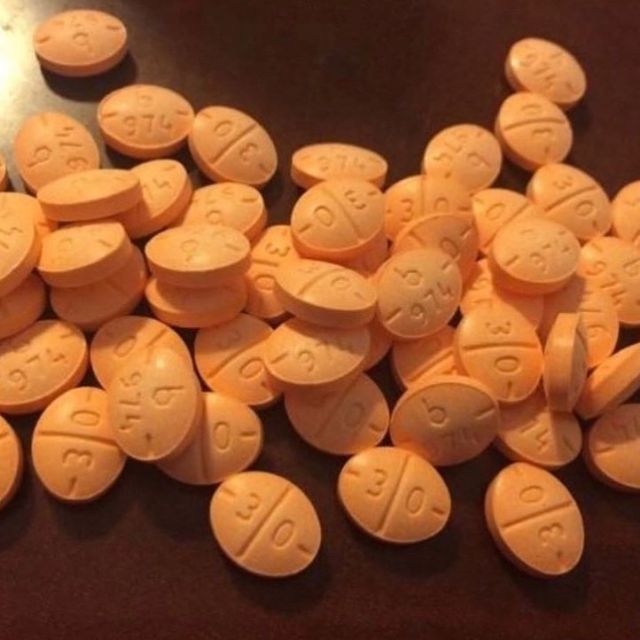
Did Fee have a condition such as bipolar disorder (either instead of ADHD or co-existing to it)? That is, did he have a particular vulnerability to Adderall abuse or addiction? Or, was that particular vulnerability ADHD? Perhaps he was mis-using Adderall to minimize sleep so he could study more and achieve. Thus, he compounded AHDD with sleep deprivation and amphetamine addiction?
We’ll never know. But I suspect that there were red flags throughout his childhood and young adulthood. And the same will be true of many others.
Rest in peace, Richard.
5. Excerpt: My Book’s Chapter on Medication
Now I’ll share with you now the introduction to my first book’s chapter on medication. Please know: The last thing I want to do is scare you away from seeking treatment that can vastly elevate your life. Just the opposite! You deserve that.
Rather, I am emphasizing: We consumers must be educated, we must self-advocate.
To lack vigilance is to risk a lot. Please don’t let you or your loved one be another casualty. Don’t be passive, thinking that any licensed professional knows what’s what. No one cares more about your or your loved one’s life than you do.
Please don’t let you or your loved one be another casualty. Don’t be passive, thinking that any licensed professional knows what’s what. No one cares more about your or your loved one’s life than you do.
Identifying ADHD symptoms and medically addressing them is not, for the most part, rocket science. It’s not even brain science. It’s step-by-step logic and observation. I teach this in Course 2 of my online training, on medication and sleep: Solving Your Adult ADHD Puzzle: Physical Strategies
Chapter 21: RX Treatment Results That Last
It took Alex two grueling years to convince his wife to seek an evaluation and then treatment for her diagnosis of ADHD.
“Now, who knows how long it will take me to convince her to ditch this psychiatrist, who refuses for no logical reason to prescribe stimulants and find one who actually understands ADHD,” he complains. “My wife is skeptical that I or this support group could know something her psychiatrist doesn’t. But trust me, it’s alarming how little this guy knows.”
But trust me, it’s alarming how little this guy knows.”
Looking back, Alex wishes they’d been far more careful in selecting a physician.
In Jeanette’s case, the irony is that she never found her husband’s ADHD a problem—until after he started medical treatment for it.
“I used to go to bed at night thinking I’m the luckiest wife in the world,” she recalls. “Yes, Mike is lousy at paperwork and he doesn’t remember to take out the garbage (or what day it’s collected!). But he is fun, very goodhearted, and rarely gets angry, and loves being with me and the children.”
Then It All Changed
All that changed soon after Mike learned that he might have ADHD and decided to do something about it. He had recognized in himself the traits he didn’t like in his father. That included poor follow-through on promises. He wanted to do a better job with his own family. “His attitude was, ‘If treatment can help me to be a better person, why not?” Jeanette recalls.
Unfortunately, Mike’s personality changed completely after starting medication.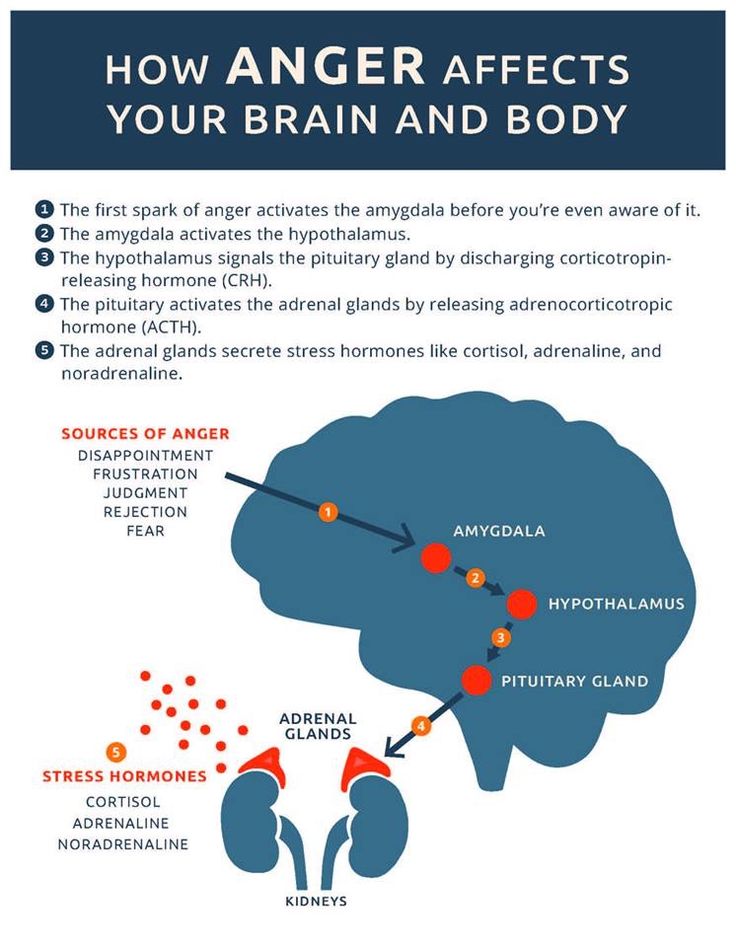
“I went from this perfect marriage to hating my life and being ready to leave him. The worst part was that he didn’t realize that things were getting worse, especially the anger, until we were in major trouble. As far as he was concerned, his focus was better so that was great. But in reality, his focus was unrelenting.”
Jeanette found the support group’s feedback critical to realizing what was happening. He was probably either on the wrong type of stimulant medication or at too high a dosage. She also learned how to find a more qualified physician and, more importantly, convince Frank that he was turning into a father far worse than his own.
Such stories are way too common for the support group’s comfort.
How Do We Navigate This?
Sure, we want to place our faith in our physicians. Yet, one troubling fact remains. Many physicians, including psychiatrists, are poorly trained to treat Adult ADHD. Some know that and respect their limitations. Some don’t.
It’s important that yo know this going in. Smart ADHD healthcare consumers can avoid common pitfalls and come out a success story.
Smart ADHD healthcare consumers can avoid common pitfalls and come out a success story.
“My message to those embarking on this journey,” Jeanette says, “is don’t be afraid of medication; it can bring great changes. Just be aware.”
Please know that, prescribing for ADHD is a straightforward issue. In fact, ADHD Partner Survey respondents report that when their partner started taking medication, symptoms improved significantly within:
- Hours (15 percent)
- Days (39 percent)
- Weeks (19 percent)
As Jeanette learned, however, the initial “promise” of medications to smooth out the ADHD roller coaster can soon peter out. Support-group members have agonized over this phenomenon for years.
How These Chapters Can Help
The book’s three chapters on medication will support you and/or your partner in creating your own success story by helping you to:
- Avoid common pitfalls that lead to low treatment adherence.
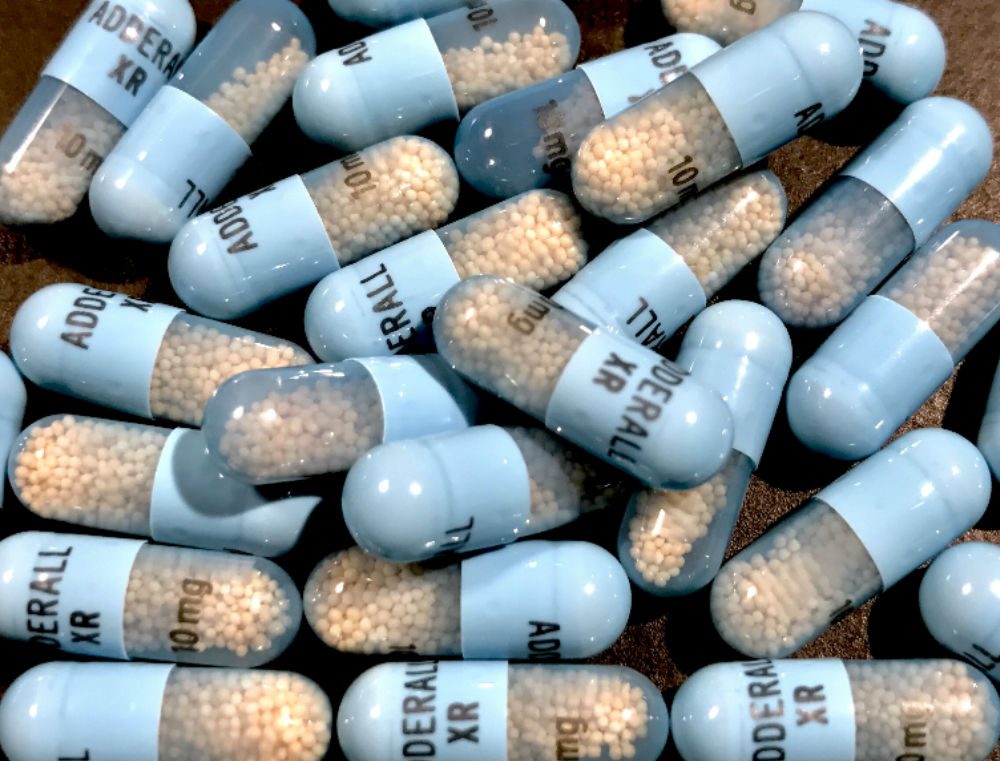
- Understand that goal setting forms the foundation of successful medication treatment.
- Remember that each person has a unique biochemistry — no cookie cutters!
- Recognize that finding the best medication regiment requires a methodical process.
- Know that ADHD commonly coexists with other conditions, which must be considered in any treatment plan.
If you are familiar with this guidelines, you can better recognize competent care when you encounter it. And when you don’t encounter it? You can either keep moving or, if your choices are few, diplomatically help it along.
For more posts related to ADHD medications:
Visit ADHD Roller Coasters Medications category of posts
For more information on my first book: Is It You, Me, or Adult A.D.D.?
For more information My NEW Course on ADHD Medications and Sleep: Solving Your Adult ADHD Puzzle — Physical Strategies
—I welcome your comments.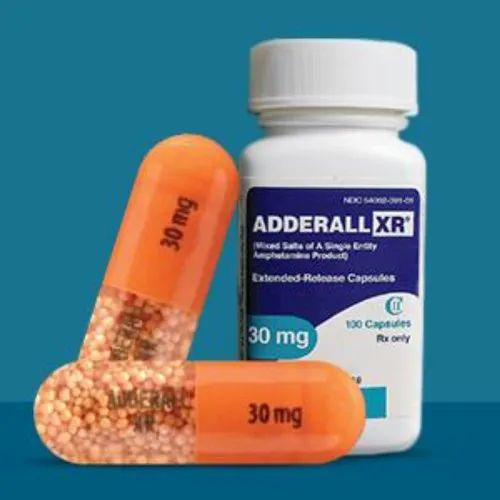
Gina Pera
The first version of this post appeared in 2013.
Teacher as an experiment - reviews and reviews read online
Text: Elena Vasilyeva
- Bulat Khanov. Non-constant values. — M.: Eksmo, 2019. — 384 p.
In fact, the Kazan prose writer Bulat Khanov wrote the novel "Inconstant Variables" earlier than "Anger", which was published in the same year: the first edition of the text was published in the journal "Friendship of Peoples" back in 2017. For the printed version, it was significantly altered: according to the author, about a third of the volume of the work was added (which did not prevent some errors and typos from remaining in the book). Apparently, "Wrath" turned out to be quite in demand and caused a resonance, so 28-year-old Khanov released two new items in one year. You look, we'll wait for the collection of stories. And even the third novel.
The plot of "Inconstant Variables", despite its outward simplicity, upon closer examination turns out to be multi-layered. Formally, everything is as it is written in the annotation: Roman Tikhonov, a graduate of the philological faculty of Moscow State University, is going to Kazan to get a job at a school. Works. That, in fact, is all. But - for starters - he does not leave Moscow without a reason.
Formally, everything is as it is written in the annotation: Roman Tikhonov, a graduate of the philological faculty of Moscow State University, is going to Kazan to get a job at a school. Works. That, in fact, is all. But - for starters - he does not leave Moscow without a reason.
When you cursed all transport and distances forever, when you are tired of dragging and hating the very idea of movement, when you buy tequila and whiskey for the future, it’s as if the borders are about to be closed for ten years, when two years are stuck in your throat and there is a black hole of unprecedented size ahead, when everyone around is embarrassed by your behavior, when eternal lack of sleep and complexes, when twisted and depressed - this is the very case to sign up for a social project and disappear.
Moving in order to step away from oneself and understand the present, which does not exist, because there is a past and a future.
So, another feature of this move is that it takes place within the framework of a certain project, the details of which remain secret for a long time, but at the end of the novel they crawl out like devils from a snuffbox. Until the moment when the cards are revealed, the reader is satisfied only with hints and jokes. There are so many of them that you don’t even expect the revelation of the secret, and when it turns out what’s the matter, you slowly begin to understand. That's it: special assignments, special commissions, in-depth monitoring. Not a secret, but not a particularly well-known project either. Help your home country!
Here I would like to add that the idea of a conditional "experiment of the century" does not let go of young authors. One can recall, for example, the book “There was no Adderall in the Soviet Union” by Olga Breininger. A frame in the form of such a “project” allows you to build a plot and largely explains the motivation of the hero. An obligatory external stimulus, which seems to justify only a moderately realistic plot, in fact, adding to its fantasticness. An ideal way out when creating text on a problematic topic.
A frame in the form of such a “project” allows you to build a plot and largely explains the motivation of the hero. An obligatory external stimulus, which seems to justify only a moderately realistic plot, in fact, adding to its fantasticness. An ideal way out when creating text on a problematic topic.
The main character of "Inconstant Variables" is also worried about the Abrahamic religions and Christianity - he is sharply opposed to them and repeatedly focuses on this. In his opinion, religion is akin to totalitarian systems.
Everything that I rebel against is concentrated in Christianity, in the Abrahamic religions in general. Rigid hierarchy based on unaccountable obedience and obedience, imaginary equality based on an obsessive craving to reduce everything to a single denominator - God, legalized lack of freedom, undeniable authorities, patriarchal morals, intimidation of the coming retribution, interference in all spheres of life, reprisal against dissent, justification of any actions of the leadership, high style - all this makes Christianity related to totalitarian systems.

The school is also a kind of totalitarian system, and Roman does not want to become a conformist in any way. He wants to talk with children about important things, and not "go through topics", he wants to give honest grades, and not as it is convenient for the authorities, he wants to teach children to think independently in the end. But his - no doubt, lofty - aspirations collide with quite real life. And ideals have to be corrected.
The last to fall is the bulwark against Christianity. But not because the hero will forget about his ideals. On the contrary, he will attain enlightenment.
Harmony and a sense of freedom come to a young teacher also because he finally manages to cope with emotional experiences. Moving from Moscow is also connected with this. The love story turns out to be, on the one hand, heartbreaking, and on the other hand, quite typical, which, of course, does not lose in complexity.
It is in this storyline that perhaps the brightest and most unpleasant hero of the book appears - the former prisoner Sanya. His raids are very believable, and the intelligent Roman finds himself in a trap: for a long time he cannot learn to avoid Sanya. And Sanya, by the way, is not indifferent to the Bible. He believes that all other books are nothing compared to her.
His raids are very believable, and the intelligent Roman finds himself in a trap: for a long time he cannot learn to avoid Sanya. And Sanya, by the way, is not indifferent to the Bible. He believes that all other books are nothing compared to her.
- Did you get water in your mouth? Sanya said with bitterness. - Do you think I'm loading you? If I was going to, I would have uploaded a long time ago. Who are you in life? With whom do you live, what do you breathe? And so on, in order. As soon as I want to, presenting you with a whole mountain I will scatter.
Despite the "many chapters" - school, love, religion, a social project can also be included here - the novel, oddly enough, does not lose its integrity. The seemingly sharply inserted details of the mysterious "experiment" are also knocked out, largely repeating each other's speeches about the cruelty of Christianity - here the protagonist himself begins to resemble those fanatical believers whom he speaks of - and too detailed, so cherished by the author of the love story, and lungs editing flaws, and an unexpected final harmonization of personality. But all these shortcomings can hardly spoil the positive impression of the novel, the narration in which, in fact, is plotless and subject to the movement of the time of the school year.
But all these shortcomings can hardly spoil the positive impression of the novel, the narration in which, in fact, is plotless and subject to the movement of the time of the school year.
The hero's rebirth is connected precisely with the school. With all the disadvantages of routine activities, in therapeutic doses, it helps to cope with internal demons. In addition, the work of a teacher has a noble character, and by the end of the school year, Roman manages to earn the respect of students.
Bulat Khanov, of course, is surprisingly brave. He is not afraid of the condemnation and controversy that his book will inevitably cause. She will definitely have many opponents in the teaching environment. Because what he writes about is the truth, from which many would like to hide. Because surely something of what he described is not true in all schools. Yes, in the end, because his hero worked at school for only a year and dared to draw far-reaching conclusions. Let him plow ten years first, and then we'll talk.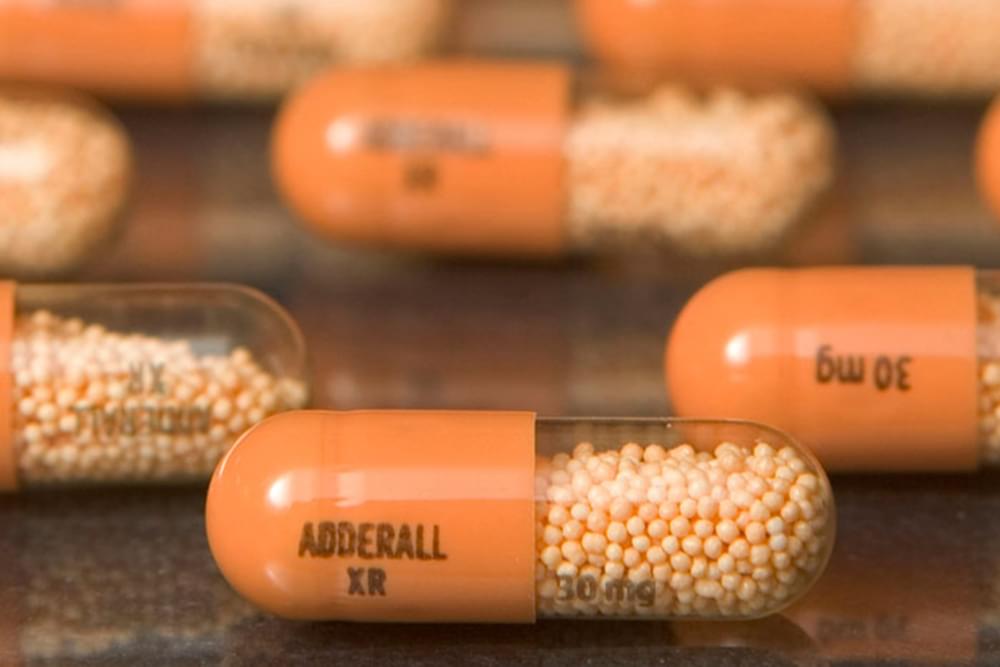 To which, of course, one can answer: let one of the teachers ... Stop, and then who will teach the children?
To which, of course, one can answer: let one of the teachers ... Stop, and then who will teach the children?
You don't hate Mondays - reviews and opinions read online
Text: Sergei Lebedenko
- Bulat Khanov. Ibuprofen. — M.: Eksmo, 2021. — 288 p.
Like many, I couldn't resist a couple of comments on the web about the protests in Kazakhstan - protests that are still not clear what they really were. Either a failed revolution, or a coup by local elites who took the wrath of impoverished Kazakhs into service. But none of the models could offer a clear explanation of what was happening in the country, what would happen next: after many hours of debate, all political experts converged in their own impotence to predict anything, and real experts on Kazakhstan could only refer to the country's historical past and the economic situation . In the end, the wave of discussions and comments was caused by a paradoxical fact: in the era of the total spread of the Web, we have no idea what exactly and why exactly this happened in a neighboring country.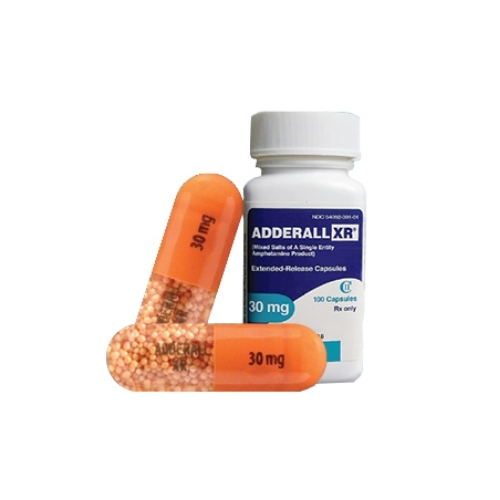 "Couch expertise" has become our coping strategy, a kind of meditation on political topics, a way to relieve anxiety for a while.
"Couch expertise" has become our coping strategy, a kind of meditation on political topics, a way to relieve anxiety for a while.
A new collection of short stories by Bulat Khanov, published in December last year, is dedicated to similar coping strategies. Ten texts - ten strategies. The working class does not want to fight for its rights? Lay out the Marxist theory in the comments on Pornhub, where depressed proletarians spend their evenings. Does the life of a screenwriter seem unpromising to you? Arrange a quest in the best traditions of the genre for your ex-girlfriend so that she finds your dull shack in the Leningrad region. You work as a doctor, but no career growth and exhausting shifts? Arrange a trash stream where you literally butcher a popular trash streamer. Has politics been destroyed in your country? Read anarchist literature and discuss leftist ideas with friends, mix explosives for fun, until one fine morning someone knocks on your door.
These coping strategies have an obvious flaw - they are fatal.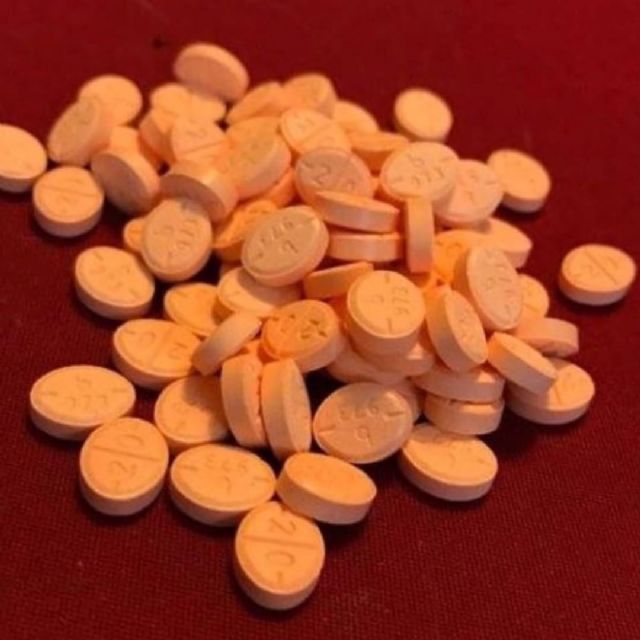 In the story "Ibuprofen", which gave the collection its name, the hero just reads leftist literature and fights right-wing radicals. But nothing can really be done: as long as the regime supports the far right, the antifa fight can be called desperate at best. At the same time, Igor is not able to retreat from the fight: Center "E" is already taking him hostage, quite literally. All Igor can do is choose the flavor of Ibuprofen at the pharmacy, strawberry or banana.
In the story "Ibuprofen", which gave the collection its name, the hero just reads leftist literature and fights right-wing radicals. But nothing can really be done: as long as the regime supports the far right, the antifa fight can be called desperate at best. At the same time, Igor is not able to retreat from the fight: Center "E" is already taking him hostage, quite literally. All Igor can do is choose the flavor of Ibuprofen at the pharmacy, strawberry or banana.
Igor did not respect the law and was the ideal client of Center "E": suspicious, shameless and completely harmless.
However, Khanov's collection is not about the struggle against the political regime in Russia, and the fatality is not in the passivity of the Russians. Here the matter is different. “Fatal Strategies” is a collection of essays by Jean Baudrillard, in which the author of the term “simulacrum” states: the apocalypse has already happened, the world of ideas has fallen along with the world of subjects and objects, instead of it now there is a hyperreal world, a kind of Zuckerbergian metaverse.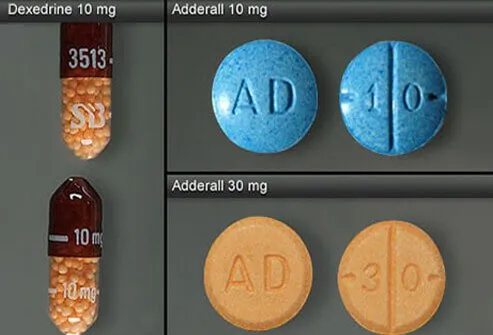 It appeared even before Stevenson came up with the metaverse, and corporations took his idea into service. Now, apart from the world of reworked concepts, there is nothing around us, and all that remains for the interested observer to do is to filter his feelings from this metaverse through irony. But even this strategy will be fatal, because irony is already written into the matrix at the code level. But what is this matrix and what is this system that makes Khanov's heroes do strange things? This, of course, is capitalism. But we will return to it, but for now let's see who in the story "Fatal Strategy" mentions the book of the same name by Baudrillard - Ilya, screenwriter and former partner of the main character Arina. Moreover, he does this under a strange pretext - they say that Baudrillard has "interesting thoughts about love and temptation." The philosopher says the following about this:
It appeared even before Stevenson came up with the metaverse, and corporations took his idea into service. Now, apart from the world of reworked concepts, there is nothing around us, and all that remains for the interested observer to do is to filter his feelings from this metaverse through irony. But even this strategy will be fatal, because irony is already written into the matrix at the code level. But what is this matrix and what is this system that makes Khanov's heroes do strange things? This, of course, is capitalism. But we will return to it, but for now let's see who in the story "Fatal Strategy" mentions the book of the same name by Baudrillard - Ilya, screenwriter and former partner of the main character Arina. Moreover, he does this under a strange pretext - they say that Baudrillard has "interesting thoughts about love and temptation." The philosopher says the following about this:
Love remains the only serious or lofty finality, the only possible justification for an unjustifiable world.

Ilya clings to his former love as the last connection with the world, but at the same time, the feeling - as the heroine and I understand - exists in him as an ideal that he aspired to, but never achieved. Another coping strategy (it is no coincidence that Ilya eventually runs away from civilization, throwing his phone into the water of the canal - a kind of reconstruction of Byronism).
After "Based on true events" film critics claimed that Ilya was born to be a screenwriter. If they knew him at least a quarter of what Arina knows, they would see that cinema is an accident, an involuntary fixation. Under a different set of circumstances, Ilya would not have become a screenwriter, but a DJ, journalist, coach, priest, political prisoner. A capable boy just got obsessed with composing plots and dialogues, just as he sometimes got obsessed with absurd phrases.
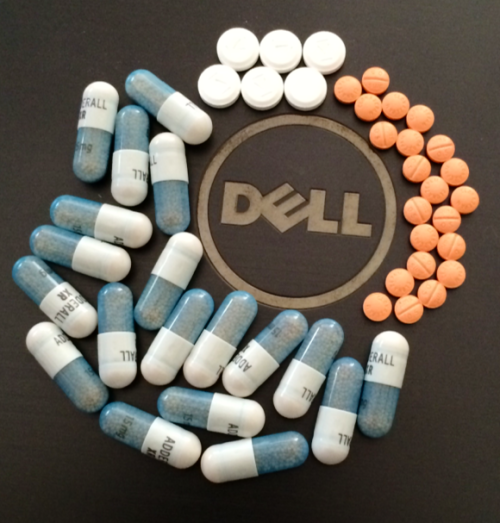
Ilya is the ideal postmodern hero, a person of shifting identities, who is obviously burdened by this status. But there really is nothing for him to grab onto, even love is just a setting in his game with Arina, nothing more.
The intellectual hero, whose affects collide with the cold desert of the real, has already appeared many times with Khanov. He was a porn addict in Anger and blogged about beer in Bird Fun with Clipped Books. Only now the set of characters has become wider - to each class according to its needs, to each according to its fatality.
"Zhenechka" is a frame story made in the tradition of Turgenev. In it, an influential official in the company of friends recalls his adventures in his youth in Paris. There he falls in love with a girl, and after many Turgenev pauses and Cortazar's sensuality, the characters lose touch against the backdrop of the 2020 Paris quarantine. With Turgenev, everything would have ended in nostalgia - but you remember about fatal strategies, right? At Khanov's, an official travels the streets of Moscow in the evenings and hunts down girls who even remotely resemble his Zhenechka.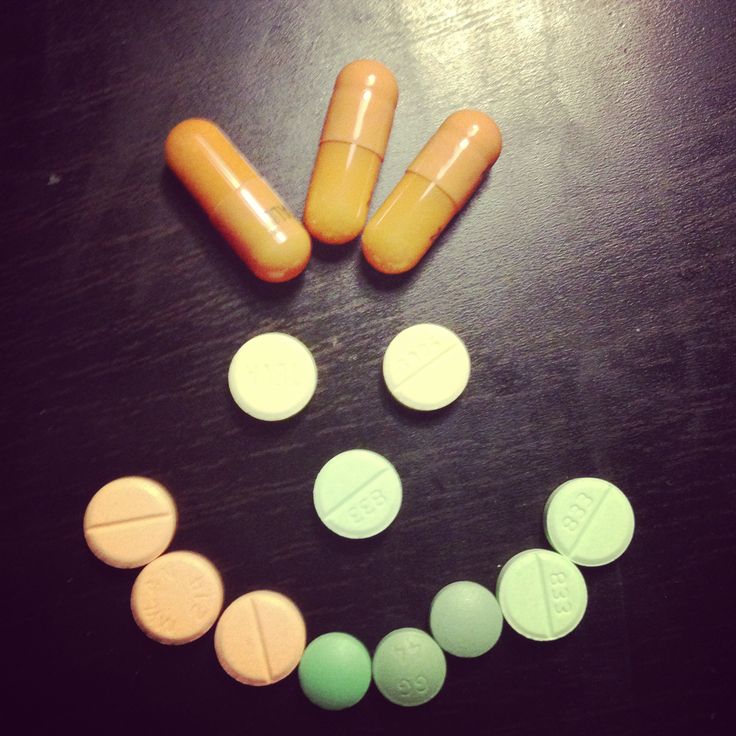 The next one turned out to be different, and the official hides the Trump mask, which he has been holding in his hand all this time (it is clear for what purposes) in the pocket of the front seat - but how many girls has he already kidnapped in this way? Here the author falls silent - and the reader is left with a feeling of anxiety.
The next one turned out to be different, and the official hides the Trump mask, which he has been holding in his hand all this time (it is clear for what purposes) in the pocket of the front seat - but how many girls has he already kidnapped in this way? Here the author falls silent - and the reader is left with a feeling of anxiety.
In general, Khanov's collection turned out to be surprisingly depressing. There are few characters that you can empathize with. Many of them are sadists. In addition to the trash streamer doctor and the rapist official, there is a couple of psychotherapists who bully their own child, trying to forcibly arrange an outing for him (we still don’t understand whether the hero is homosexual or not - that’s why it’s scarier). There is a construction company boss who sends workers to extraordinary shifts just for his own pleasure.
But there are also heroes with whom the author clearly sympathizes. These are working class people - they were just unlucky. Here, an unemployed man becomes an inveterate drunkard, saving himself by inventing an ideal daughter, a clever intellectual, who, unlike himself, has a future, and therefore she seems to the hero more real than himself (Khanov’s unexpected Borges plot). But Shavkat is a character in the story of the same name. He works in construction and earns money for the family. As already mentioned, the head of Shavkat is a tyrant, the conditions at the construction site are unbearable - the builders can only hope that in the future they will be replaced by robots. At the same time, it is obvious that for the chiefs of Shavkat, people are already walking robots, which are only needed to carry out commands.
Here, an unemployed man becomes an inveterate drunkard, saving himself by inventing an ideal daughter, a clever intellectual, who, unlike himself, has a future, and therefore she seems to the hero more real than himself (Khanov’s unexpected Borges plot). But Shavkat is a character in the story of the same name. He works in construction and earns money for the family. As already mentioned, the head of Shavkat is a tyrant, the conditions at the construction site are unbearable - the builders can only hope that in the future they will be replaced by robots. At the same time, it is obvious that for the chiefs of Shavkat, people are already walking robots, which are only needed to carry out commands.
“They scare us with robots, but at least one robot is hired,” Bakhodir remarked. - To clean up.
Sounded reasonable.
In general, the more Shavkat thought, the more justified he found the idea to replace builders with machines. Machines require nothing more than maintenance. Machines don't talk about trade unions and don't sharpen their teeth at bosses. Machines do not relieve themselves at the workplace, as the most cunning ones do: they will find an empty room and urinate in a corner. Solid pluses.
According to rumors, the kid with amputated legs was not paid compensation. Violated safety rules. And nothing that everyone violates it.
As a result, Shavkat pushes the presumptuous boss from the top floor and ends up in the colony at the end of the story. But they are driven not by "depressive hedonism" (the term of the left-wing philosopher Mark Fischer), like other heroes, but by banal hopelessness: if there are no other opportunities to defend their rights, violence is used.
Robots, by the way, do appear in the collection: the heroine of "Fatal Strategy" Arina flips through articles on the web about how robots
weeding, digging potatoes, sorting waste. They unquestioningly descended into the mines and climbed the mountains, composed advertising texts and took bread from designers. They erected brick walls and solved the toughest combat missions. In the Netherlands - where else - a brothel with robots was popular. Laboratories from all over the world were racing to develop nano-robots to fight cancer cells.
But what we have before us is not the utopian world of the "Russian cybervillage", Khanov's futurism is just a beautiful backdrop that hides systemic violence. Yes, formally, the action of all the stories takes place around 2030, technologies are developing, a series about Lenin is being released on Netflix, Yuri Dud has become the Minister of Culture, but in fact we are not facing the “beautiful Russia of the future”, but still the same Russia today, where people they are tortured simply because they read books with friends and exposed ultra-right radicals. This is Russia, where they hate migrants, destroy trade unions and pay crumbs to state employees. But Khanov does not denounce - he simply fixes, while his optics are detached, coldish. David Foster Wallace had such, only Khanov does not have Wallace's furious - though loved by many - meticulousness.
This is Russia, where they hate migrants, destroy trade unions and pay crumbs to state employees. But Khanov does not denounce - he simply fixes, while his optics are detached, coldish. David Foster Wallace had such, only Khanov does not have Wallace's furious - though loved by many - meticulousness.
Sveta was attracted by the news about the upcoming launch of a tourist route in Oymyakon. Tickets for the first round have already been sold out. Extremalnenko. You can also rush there when it’s completely pinned down. Swallow sedatives to complete indifference and leave the hotel on the grave night. If you're lucky, they'll find you covered in ice in a snowdrift.
The first thing Sveta did at home was to make sure that the pills hadn't disappeared from her briefcase.
Today, she secured herself four whole months without trips to psychotherapists. No humiliation, no squeezed out stories about stains on a blouse.
Khanov knows his characters very well (except that he very often interferes with the narrator's speech in the course of their thoughts) and therefore understands what really torments them, what they avoid with their fatal strategies. The Slovenian philosopher Slavoj Zizek has a famous aphorism: "You don't hate Mondays, you hate capitalism." The merging of an authoritarian state and unrestrained capitalism gives rise to a matrix of hidden violence, which now and then erupts in the form of open violence: as on the same trash streams, or provokes open violence in response, like reprisals against a boss or, in real life, cars on fire on the streets of Kazakhstan.
But Khanov not only does not denounce - he does not stand on the podium. He understands well that the systemic nature of violence is his own shield and all-penetrating code. You can't do anything, you can only watch. The hero of Invasive Street helps animals and volunteers at a shelter, but still has to watch live how thugs on the payroll of a large corporation destroy the last population of the Indonesian rhinoceros. Capitalism causes a feeling of impotence, loneliness (depression is also a systemic disease, very characteristic of capitalism, as Mark Fisher wrote in his program work “Capitalist realism. Is there no alternative?”). unites a feeling of mutual sympathy and unity in the class struggle, we are talking about lonely proletarians of the 21st century who spend their free time on porn sites. The same Mark Fisher has the term "interpassivity": he denoted the state of a class of students who are aware of how capitalism spoils their lives (including at the household level: many American students are forced to pay student loans all their lives), but nothing can be done unable to. So it is with Khanov’s proletarians: they are aware of the situation, but they can’t do anything, so they stick to porn.
You can't do anything, you can only watch. The hero of Invasive Street helps animals and volunteers at a shelter, but still has to watch live how thugs on the payroll of a large corporation destroy the last population of the Indonesian rhinoceros. Capitalism causes a feeling of impotence, loneliness (depression is also a systemic disease, very characteristic of capitalism, as Mark Fisher wrote in his program work “Capitalist realism. Is there no alternative?”). unites a feeling of mutual sympathy and unity in the class struggle, we are talking about lonely proletarians of the 21st century who spend their free time on porn sites. The same Mark Fisher has the term "interpassivity": he denoted the state of a class of students who are aware of how capitalism spoils their lives (including at the household level: many American students are forced to pay student loans all their lives), but nothing can be done unable to. So it is with Khanov’s proletarians: they are aware of the situation, but they can’t do anything, so they stick to porn.

